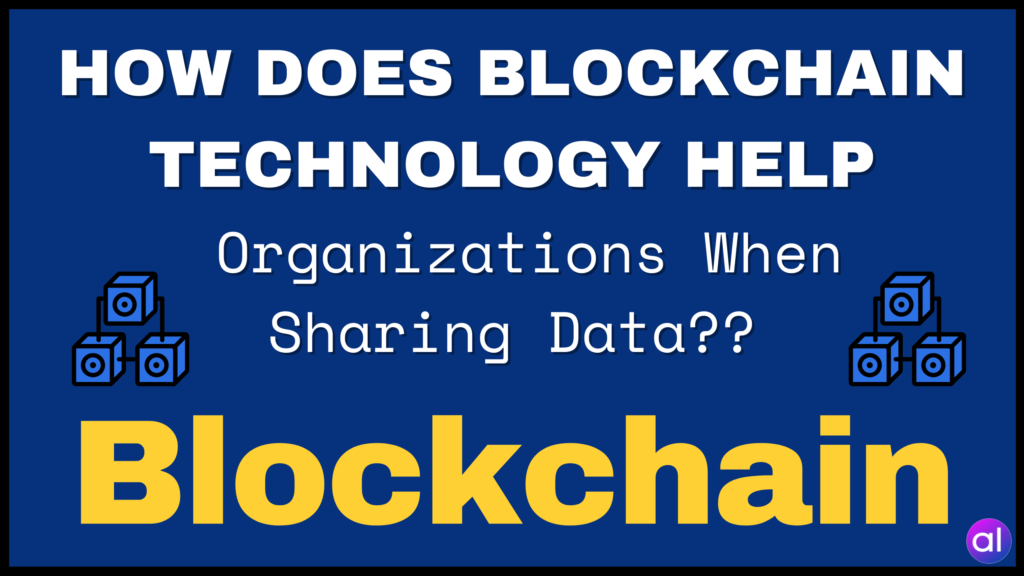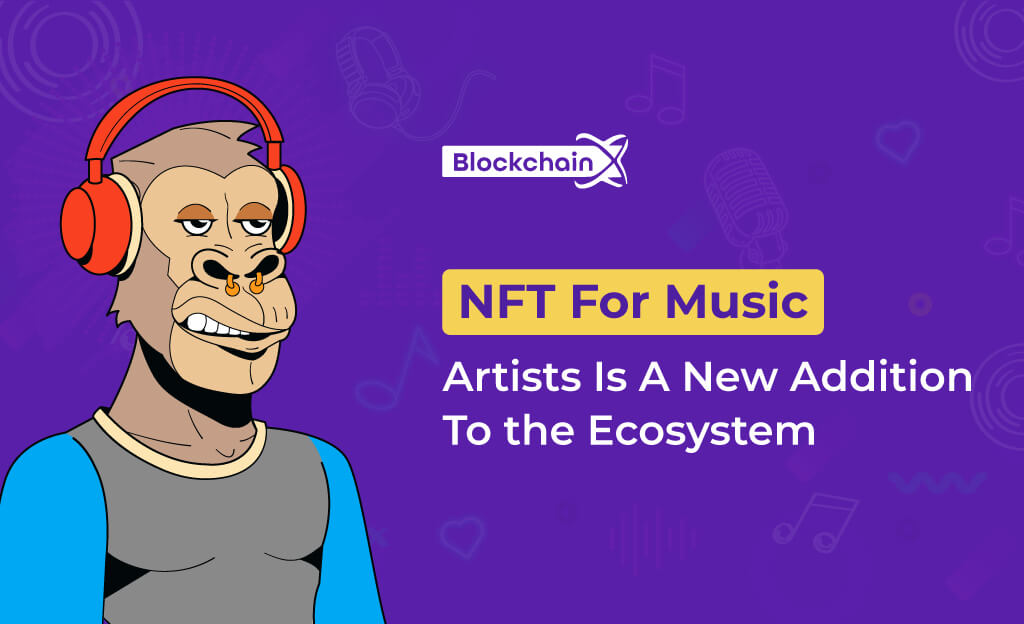
The world of web3 is expanding, bringing new advancements along with it. In 2021, the introduction of cryptocurrencies brought about the rise of NFTs, providing opportunities for creators across various industries. Non-fungible tokens (NFTs) are unique digital assets stored on the blockchain network, representing the identity of a specific item in the digital realm. Since the early days of blockchain technology, NFTs have evolved from digital artworks on the Namecoin blockchain to encompass a wide range of sectors. One such sector is NFT crypto music, which has become a focal point for many music creators. Let’s delve deeper into this and explore how the NFT ecosystem has become more efficient in various aspects.
NFT And Their Evolution Over Time
From the concept of decentralization and ownership to the potential of the blockchain network, NFTs have continued to evolve. The first NFT collectible, “Quantum” by Kevin McCoy and Anil Dash, emerged in 2014. However, it wasn’t until 2021 with the sale of Axie Infinity game that NFTs gained significant traction, reaching a value of $22 billion.
In 2015, the launch of the Ethereum blockchain provided more robust capabilities for creating complex smart contracts, enabling the development of NFTs beyond just digital artwork. The major wave of NFT adoption occurred in 2017 with the introduction of CryptoKitties, a game where users could collect and breed digital cats, raising awareness about NFTs.
In 2021, the rise of decentralized finance (DeFi) boosted the popularity of NFT-based games like Axie Infinity, leading to the emergence of various NFT collectibles such as Merge, Everyday, Human One, CryptoPunk, and Bored Ape. Despite the uncertain future of NFTs, their potential use cases continue to expand across different sectors, including music.
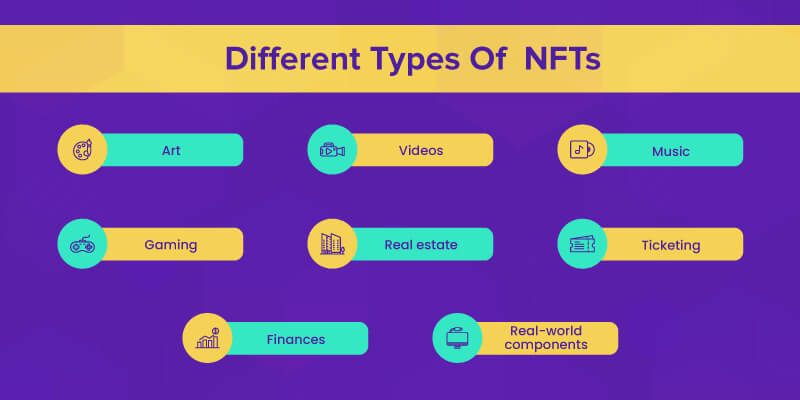
Music In the Web3 World
Music is one of the industries leveraging Web3 technology, which represents a new era of ownership and transparency supported by blockchain networks. With distributed ledger formats ensuring secure and transparent transactions, the music industry is seizing the opportunities presented by Web3.
NFT music artists have the freedom to explore their talents and abilities without constraints, as ownership is entirely in the hands of the artists when it comes to creating and distributing music assets on Web3 networks. By empowering artists to control their work and directly engage with their fans, NFTs are bridging the gap between creators and their audience.
How Music Industry Influences the Web3 NFT Ecosystem?
NFTs serve as digital assets stored on the blockchain, representing a wide range of items, including music. Cryptocurrencies facilitate the trading of NFTs, leading to their increasing popularity over time.
Artists can utilize NFTs to sell their music while retaining control over their work. By offering exclusive access to future content for collectors of NFTs, artists can generate hype around their collections.
Decentralized streaming platforms built on blockchain technology provide users with control over their data, enabling them to earn rewards based on their listening habits. Platforms like Audius and RADAR.fm offer listeners the opportunity to access content for free while earning rewards.
Virtual concerts hosted in virtual spaces, often within the metaverse, are gaining popularity, allowing fans to attend from anywhere in the world. These virtual concerts offer advantages over traditional concerts, including enhanced interaction between fans and artists.
Fan tokens represent fans’ support for artists or teams and can be used for voting on major decisions, such as song selection or merchandise offerings. Fan tokens enable NFT music artists to engage more personally with their fans.
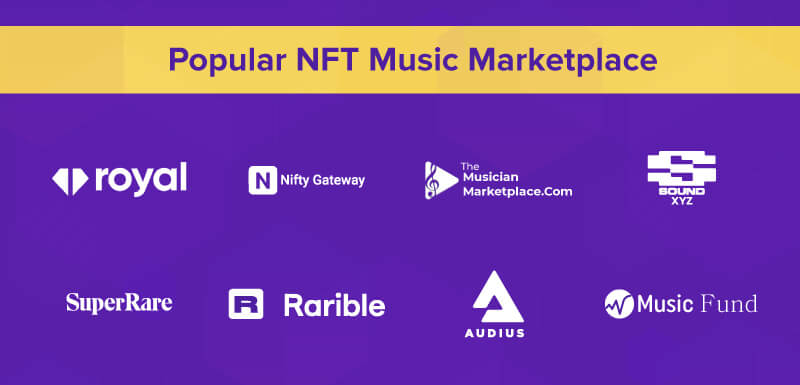
Working On NFT Music Marketplace
Artists can tokenize their songs or music collections on NFT marketplaces, offering various utilities such as videos, merchandise, online concerts, and more. Dedicated NFT marketplaces provide a platform for artists to showcase and sell their collections based on their preferences.
How NFT Music Artists Benefit From the NFT Ecosystem
One of the key advantages of NFTs for music artists is the ownership and control they have over their work, enabling global distribution and streaming capabilities. NFT music has introduced new monetization models, increasing compensation for artists and offering fair prices for their creations.
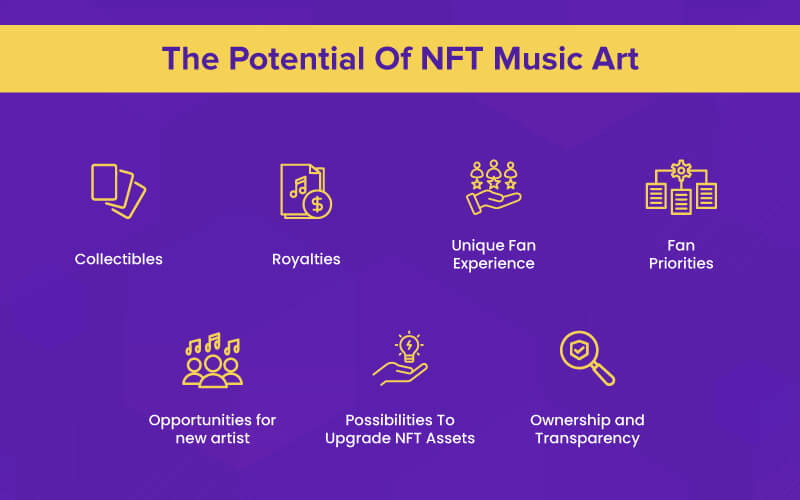
Royalty In NFT Music
NFT royalties for music provide a payment method for creators, offering benefits when assets are resold. Unlike traditional royalties, NFT royalties ensure creators receive a percentage of the resale price, providing a more robust compensation model.
These royalties empower creators to earn money and recognize their work, enhancing the value of NFT music in the industry.
Evolve With The Rhythm Of Music NFT With Us
As decentralized music opportunities continue to grow through blockchain and NFTs, artists are encouraged to unleash their creativity. Customized NFT music marketplaces tailored to user needs have the potential to lead the global crypto landscape, offering ample opportunities for artists to showcase their talent.
BlockchainX specializes in developing decentralized solutions for various industries, including music. We can customize your NFT music marketplace to meet your requirements and dreams, providing a platform for musicians to shine.

